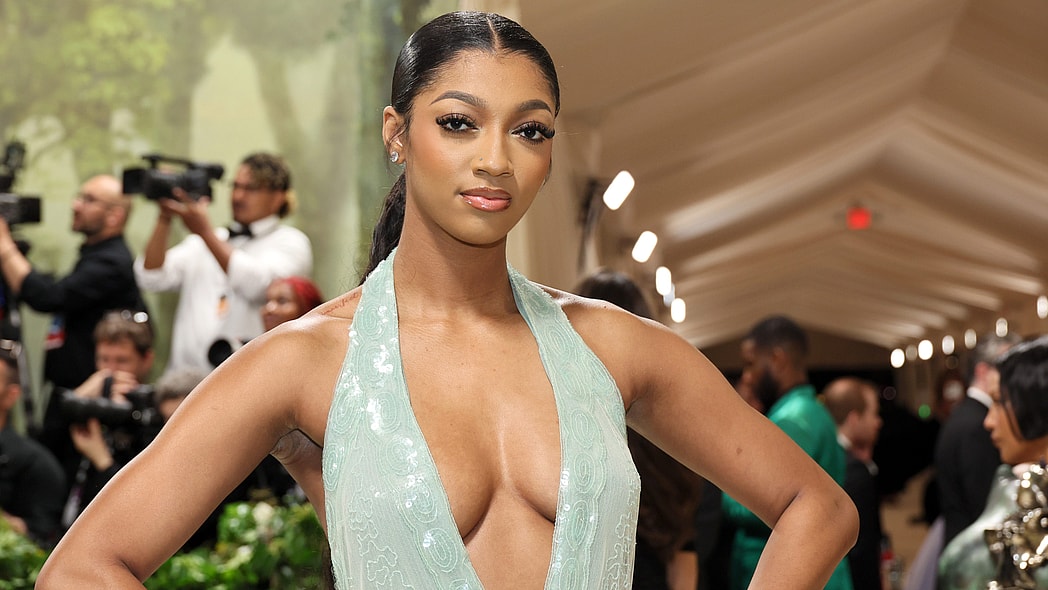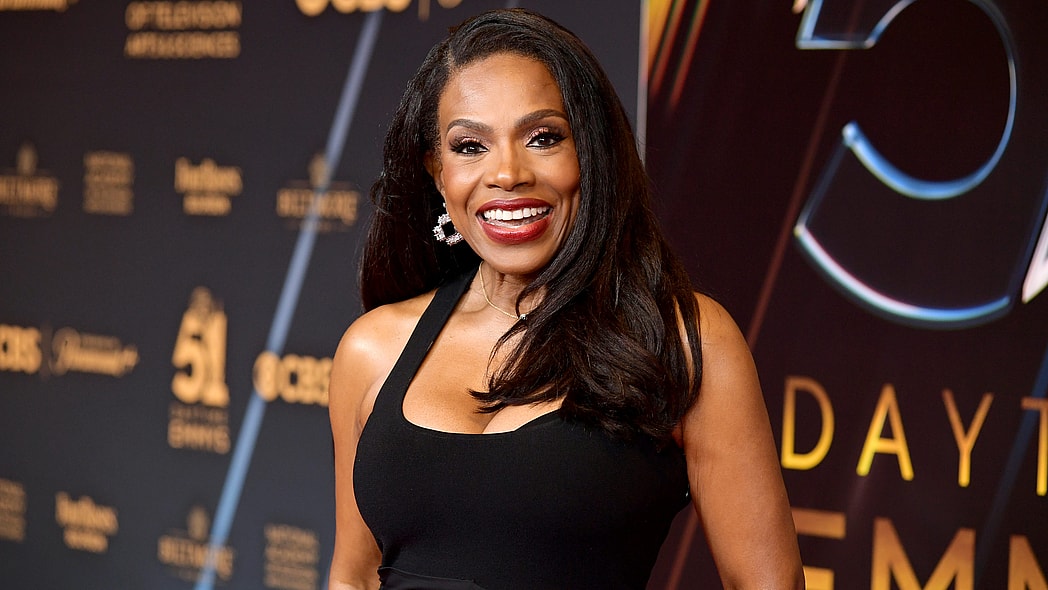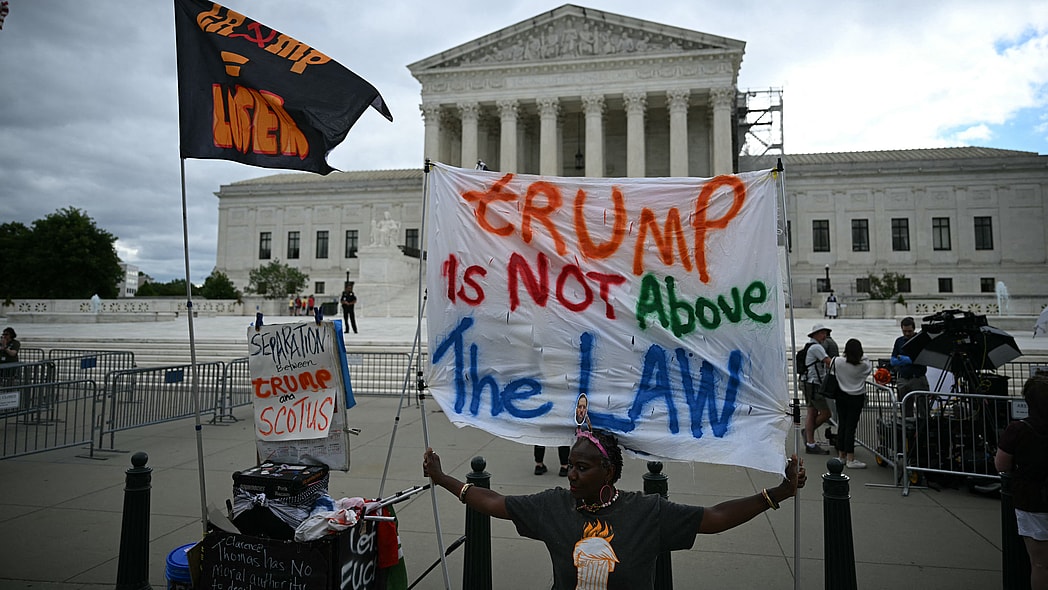There’s never been a better time for young athletes with the potential to play in college. And life keeps getting sweeter for them.
After gaining the right to monetize their name, image and likeness (NIL) three years ago, athletes like Colorado quarterback Shedeur Sanders and teammate Travis Hunter have deals worth millions. Last month, Florida joined over 30 states that give high school athletes the same right to make NIL money.
In May, the NCAA and five power conferences agreed to a $2.8 billion settlement that allows schools to make direct payments to players, which has been taboo since the NCAA’s founding in 1906. If the deal stands, young athletes will enjoy dual revenue streams, checks from school and checks from sponsors.
They enjoyed another victory last week, easing a concern for those who indulge: The NCAA no longer bans weed.
What’s next, the mandate to attend classes is dropped? These kids got it made.
The more things change, the more they become unrecognizable. This must be what it felt like for folks who came of age during Prohibition and celebrated its end. They no longer had to sneak around and find discreet drinking holes. They no longer faced scorn or jail time for enjoying an adult beverage. They could walk into a legal establishment and sip in broad daylight.
With recreational marijuana now legal in 24 states and the District of Columbia, the NCAA has adopted a common sense approach to the drug, following other organizations’ example. The NBA removed weed from its drug-testing program last year as part of a new labor agreement with players. The NFL is too arrogant to go that far, but it essentially OK’d use four years ago; marijuana is still prohibited but testing is limited to the first two weeks of training camp and a failed test no longer merits a suspension.
We’ve come a long way since “Reefer Madness” highlighted the nation’s racist approach to cannabis.
The NCAA Division I Council not only removed cannabis products from the banned drug class for its championships and postseason participation in football – effective immediately – but it also wiped out current penalties for athletes who tested positive.
“Cannabinoids will be addressed like other non-performance enhancing drugs like alcohol,” the NCCA tweeted on X last week. “NCAA members will focus on harm-reduction strategies problematic cannabis use, centering health of student-athletes.”
Former USC star tailback Reggie Bush was reinstated in April as the 2005 Heisman Trophy winner because rules have changed. The then-impermissible financial benefits he allegedly received 20 years ago are commonplace today. He got his trophy back.
Doing right in marijuana cases isn’t that easy.
The three Oklahoma football players who tested positive and were suspended in 2019 can’t get back the Peach Bowl and five other games they missed. Former Michigan star forward Mitch McGary can’t get back the 2014-15 season he was set to miss (he turned pro instead) due to a positive marijuana test.
Recommended Stories
Athletes who partake aren’t completely in the clear yet as individual schools will continue to implement their own policies and drug testing. But here’s hoping they follow the NCAA’s lead, a move long overdue.
“The NCAA drug testing program is intended to focus on integrity of competition, and cannabis products do not provide a competitive advantage,” Division I Council chair Josh Whitman said in a statement. “The council’s focus is on policies centered on student-athlete health and well-being rather than punishment for cannabis use.”
Unfortunately for athletes in Olympic sports, like track and field, the World Anti-Doping Agency hasn’t changed the tune that cost U.S. sprinter Sha’Carri Richardson a shot at competing in the Tokyo Games. Richardson was suspended for a positive marijuana test she attributed to learning about her mother’s death during a press interview.
Despite calls to change its policy, WADA continues to prohibit cannabis use by athletes in competition. Members wrote an editorial saying marijuana use violates “the spirit of sport” and makes athletes unfit role models. Such thinking is antiquated at this point as if it’s a question of good vs. evil.
Approximately 30 countries have decriminalized recreational weed and the U.S. is making major moves. President Biden moved to reclassify marijuana as a less dangerous substance in May, a month before Maryland Gov. Wes Moore issued more than 175,00 pardons for marijuana convictions.
“Slowly, surely, America is coming to its senses after 50 years of the failed war drugs,” Rep. Earl Blumenauer, D-Ore., co-chair of the Congressional Cannabis Caucus, said in a statement last week. “It is only fitting that the NCAA remove cannabis from its list of banned substances as Sha’Carri Richardson qualifies for the 2024 Olympics — an accomplishment she earned four years ago but was wrongly taken away. Common sense is finally prevailing.”
At least that’s the case in this particular area, which helps some folks cope with the nonsense elsewhere.

Deron Snyder, from Brooklyn, is an award-winning columnist who lives near D.C. and pledged Alpha at HU-You Know! He’s reaching high, lying low, moving on, pushing off, keeping up, and throwing down. Got it? Get more at blackdoorventures.com/deron.










